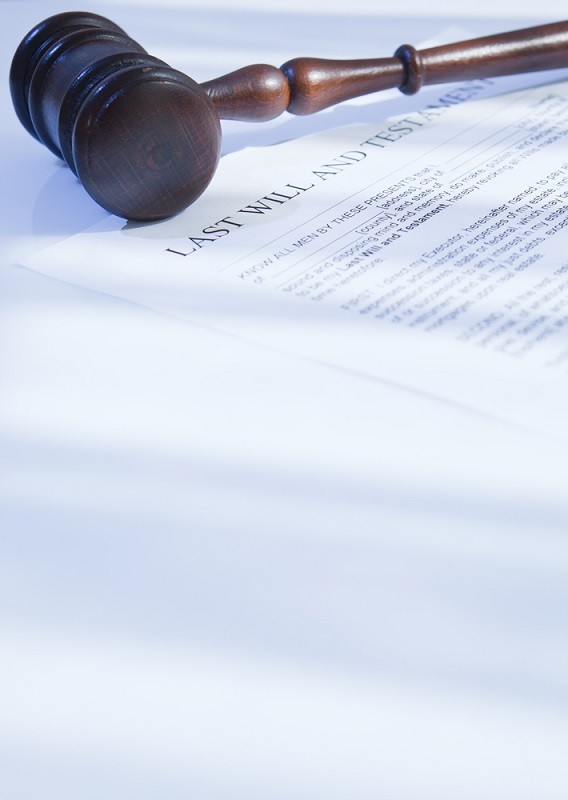 Most of us know that every capable adult should have a Will. However, for obvious reasons, it is something that often gets put on the backburner as it can be difficult for some to think about. The death of a celebrity passing away without a Will often serves as a poignant reminder of the importance of making sure our own estate planning is done and up-to-date. Recently, it is the unfortunate passing of Prince that comes to mind. It has been reported that he died without a Will leaving behind a $150 million dollar estate.
Most of us know that every capable adult should have a Will. However, for obvious reasons, it is something that often gets put on the backburner as it can be difficult for some to think about. The death of a celebrity passing away without a Will often serves as a poignant reminder of the importance of making sure our own estate planning is done and up-to-date. Recently, it is the unfortunate passing of Prince that comes to mind. It has been reported that he died without a Will leaving behind a $150 million dollar estate.
Along with careful consideration of our loved ones, estate planning generally involves a discussion about probate fees and how to avoid them. In order to have this discussion, it is important to have a basic understanding of what the process of getting probate and calculating probate fees means in Ontario.
What is probate?
Probate is actually the process of submitting a Will to court to ‘prove’ that it is the last Will of the deceased. If satisfied with the documents and information that were submitted, the court will issue what is now called a ‘Certificate of Appointment of Estate Trustee (With or Without a Will)’. It is this document that gives the Executor (now called an Estate Trustee) the formal authority to deal with the assets of the deceased. When applying to the court, the Executor must also submit a certified cheque or bank draft to pay the required estate administration tax (often referred to as ‘probate fees’).
How is estate administration tax calculated?
To calculate the amount of estate administration tax or ‘EAT’ that is owed, the Executor must accurately determine the value of the deceased’s assets as of the date of death. Generally speaking, EAT must be paid on all assets held in the sole name of the deceased at the date of his or her death. Again generally speaking, EAT will not be payable on assets where a beneficiary has been designated or that are jointly-held; however, there are instances where this is not the case. The only deduction permitted is the amount owing on a mortgage against an Ontario real property which was owned by the deceased at death.
EAT is $5 per $1,000 of estate value up to $50,000 plus $15 per $1,000 of estate value over $50,000 with no upper limit. For example, on an estate worth $1 million, the EAT owing is $14,500 ($250 on the first $50,000 plus $14,250 on the remaining $950,000).
If Prince had lived in Ontario at his death, his estate would owe a whopping $2,249,250 in EAT. Careful estate planning can produce opportunities for significant EAT savings.
Make an appointment!
Don’t miss out on ways to save EAT. Call 613.836.9915 or email info@6b3.e97.myftpupload.com to make an appointment to meet with me today. We will review your estate plan with an eye to saving EAT wherever possible. Let us put our specialized knowledge and experience in estate planning to work for you.

